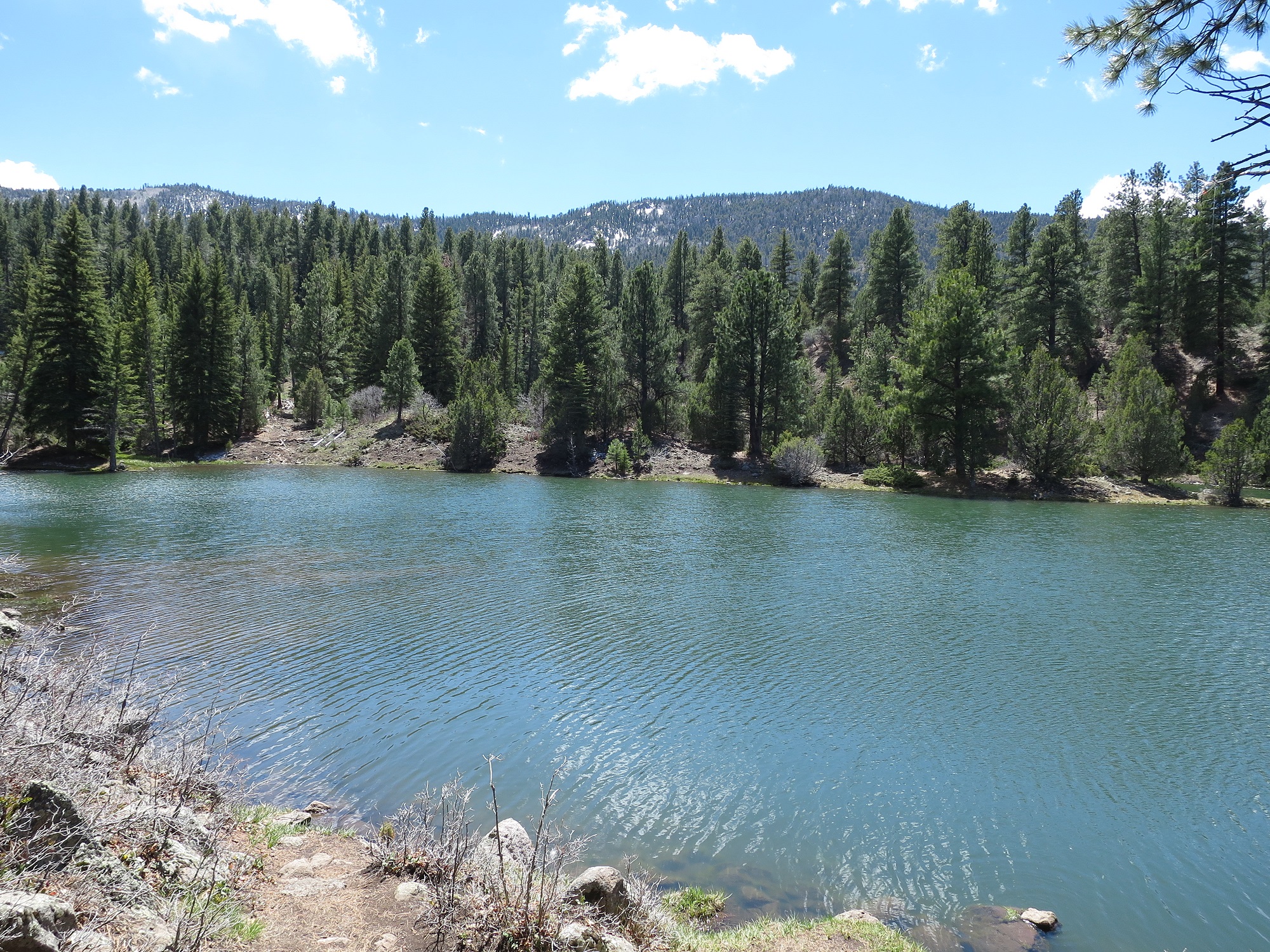Growing up, I believed in God. Both sides of my family were Christian, though different types. It was easy, and it was enough for me to just believe in God’s existence.
Later, my family stopped going to church. We studied and discussed a lot on our own. When I would hang out with my church friends, or with extended family, I asked a lot of questions. Almost all of them started with, “Why?” I was always met with “Just because.”
“That’s just the way it is.”
“It’s because he’s God.”
“We can’t understand everything. We’re just human.”
There is no end to my irritation with those statements. This is especially because they come from some sort of fake enlightenment. That’s what they’ve been told, so that’s what they told me. I refused to accept that answer. When I discussed this with my dad, we used logic and reason, and we applied it to God. We speculated about the afterlife, the purpose of our existence, and about the universe. That’s the closest I ever came to understanding spirituality or God.
I also study permaculture. I’ve spent almost three years learning about all the complexities of the system we live in, individual plants, symbiotic relationships, soil, animals, water, etc. It’s the largest subject I’ve tackled in my life.
Permaculture taught me two things:
- God is good.
- Faith is a necessity.
It’s easy to take this world for granted and walk through life without realizing it. I have air to breathe, water to drink, food to eat, the sun to warm my bones, and the night to let me rest. When life is easy, life is good. But when I look at a plant, I don’t just see a plant. I see the systems inside of it. I see the structure, the cells, the nutrients, the chemistry and molecules that make that plant.
Likewise, I can focus on one of those systems and find infinite complexity that science hasn’t figured out. I can also zoom out and look at larger systems. Ecosystems, earthworks and weather patterns also betray complexity that we don’t yet understand. I see these complex patterns not because I truly understand any of it, but because I know that they must exist. Their existence is required by the order and balance that we are surrounded with.
When I look at all of this, I know that God exists, and he loves what he created.
The evidence forces me to surrender my demand to know why this world exists and how it’s possible. Even though I believed in God, I never took it on faith. I was surrounded by the evidence of his existence. And learning all about that evidence only strengthened my belief in him. However, faith was always difficult for me to understand.
However, faith was always difficult for me to understand. That’s why I speculated about the universe and the afterlife and my purpose, and why I never accepted the “sunshine and rainbows” story of heaven. Faith is trust. I had none. In fact, every time people told me I couldn’t possibly understand, my distrust grew. How could I trust an entity who wouldn’t reveal himself completely?
The difference between then and today is this: I have faith. I have faith that the earth he created will sustain me. I have faith that I don’t have to understand everything. The world will still spin, the sun will still rise, every living thing on this earth will work exactly the way it’s supposed to. Because that is how it was designed to be.
What happened? I sound exactly like the rest of those Christians that infuriated me with “That’s just the way it is” cop outs. I came to this conclusion on my own.
Here are the three things that changed my mind:
- The complexity of the world.
- Time
- My purpose.
I will only live for 100 years. I’ve already burned two decades, and science will never understand every detail of the world’s complexity before the world ends.
I can spend the remaining eighty years of my life struggling to understand God before I trust him. Or, I can trust him now, and use those remaining eighty years to make a positive difference on this planet. It’s a futile struggle, and I want to be an effective human being. I want to show the world everything we understand about nature and how it works, in the hope that understanding these systems will help people harness them, use them efficiently, and stop screwing them up. Then, we can take a big picture look at the world’s most common problems – hunger, malnutrition, poverty, war – and we can solve them for good.

Leave a Reply